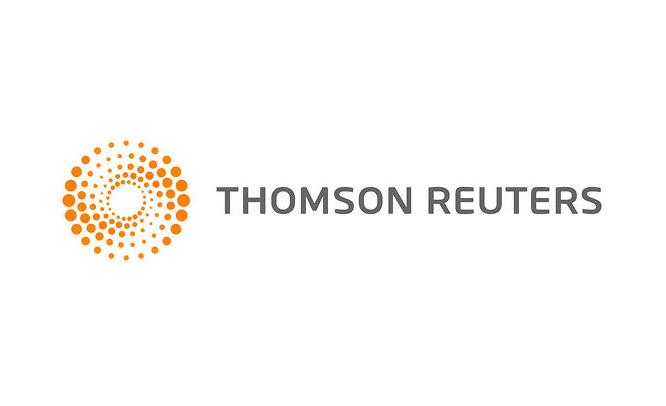Many high frequency trading shops specialize in “news feed trades”, getting and trading on market moving news before rest of us get to know about it and start trading on it.
27th July 2013
Retail investors in the U.S. will be hit badly as Thomson Reuters announced that it was suspending its practice of releasing data from a closely watched consumer confidence survey to a subset of subscribers before the rest of the market had access to the information. For a mere $ 6,000 a month, a number of high frequency traders will have a two second jump on the market.
News Feed Trade
The news feed trade, has been one of Wall Street’s most dangerous weapons over the past few years. Many high frequency trading shops specialize in “news feed trades”, getting and trading on market moving news before rest of us (individual investors) get to know about it and start trading on it. For example: in addition to the Thomson Reuters/University of Michigan consumer sentiment survey, there is also the Chicago Business Barometer, the monthly manufacturing index supplied by the Institute of Supply Management and so on. There are lots of such reports that paying customers can get access before the rest of the market. Rodney Sullivan, a practicing CFA says the success of high frequency trading depends on low latency communications and decision making, high frequency trader use computers to process electronic data feeds, make trading decisions, and issue orders to electronic exchanges over intervals measured in micro and milli seconds.
In an interview with the Wall Street Journal, Richard Curtin, the economist who runs the consumer confidence survey at the University of Michigan said “Hardly anyone would pay for it if they didn’t see a profit motive, this research is totally funded by private sources for the benefit of scientific analysis, to assess public policy and to advance business interests. Without a source of revenue, the project would cease to exist and the benefits would disappear.”
How does News Feed Trade hit ordinary investors and tank the market?
The Wall Street Journal in an article dated June 14th said the practice works to the advantage of professional traders. “Economic reports from public universities, trade groups and other nongovernmental organisations can move markets as surely as official data from the U.S. government, but unlike government reports, where caution is exercised to make certain that no one gets them ahead of time, few rules control release of nongovernmental economic reports. Unknown to a lot of individual investors, selling early access is routine. High frequency traders pay information companies like Reuters thousands of dollars each month for a look at such reports, before they are disseminated, and it those few seconds the traders made thousands of dollars from the information they are having. Richard Painter, an ethics lawyer in the United States, said “Groups should not be allowed to selectively disclose market moving data to people who pay more money, which is not right”. However, even as securities rules bar companies from selective data disclosure, and as authorities vigorously pursue insider trading in all its forms, no law prevents investors from accessing non-public information they have legally purchased from private entities. Trading would be illegal only if the information was passed through a breach of trust, security lawyers opine.
Eric Schneiderman, the New York Attorney General is investigating the release of the Thomson Reuters/Michigan University consumer sentiment to high frequency traders two seconds early of Thomson Reuter’s subscribers, as per information available from Bloomberg Businessweek. “The two second advantage gives enough time for traders to take “unfair advantage” of access to information, the attorney general’s office said in a statement.”
“The securities market should be a level playing field for all investors and the early release of market moving survey data undermines fair play in the markets,” Schneiderman said. Jake Zamansky, who writes about securities law at Forbes and a securities arbitration attorney in New York has applauded the efforts of Attorney General Eric Schneiderman and the SEC, he said the states and SEC should make a big push against such unfair practices, if not it leaves the ordinary investors feeling that the market is rigged in favour of big players.
Inputs from: Forbes.com

